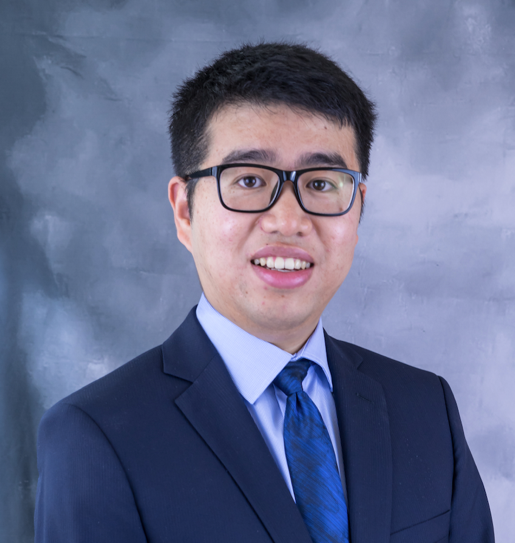For the green synthesis of polymers with defined sequences, we can take inspiration from cells, which have synthesized sequence-controlled polymers in the form of proteins, polysaccharides and nucleic acids for millions of years. Despite the promise of biosynthesis of polymers and significant progress in metabolic engineering, the reaction space available for cell-catalyzed transformations is still relatively limited compared to conventional synthetic chemistry. By integrating the advantages of bioengineering with chemical engineering, I have developed novel technologies for sustainable chemistry. In the first part of my talk, I will discuss the inherent activity of an electroactive microbe (Shewanella oneidensis) to control living radical polymerization. In the second part of my talk, I will introduce a novel catalytic platform using the inherent activity of biomolecules, deoxyribonucleic acid (DNA), to improve energy-relevant transformations. Together, my work has demonstrated the immense power of biomolecules as Nature’s synthetic organic chemists.

Dr. Gang Fan is a postdoctoral associate in the lab of Prof. Ariel L. Furst at the Chemical Engineering Department of Massachusetts Institute of Technology (MIT). He completed his Ph.D. in Chemical Engineering with Prof. Benjamin K. Keitz and Prof. Nathaniel A. Lynd at the University of Texas at Austin developing controlled radical polymerization techniques based on electrochemically active bacteria. He received numerous rewards for his graduate and postdoctoral work, including the finalist for “Excellence in Graduate Polymer Research” by the American Institute of Chemical Engineers (AIChE), in the MIT Chemical Engineering Postdoc Research Grant, and the PMSE Future Faculty Scholar Prize from the American Chemical Society (ACS). He focuses on interdisciplinary research at the interface of bioengineering, chemical engineering, and polymer chemistry to solve challenges in human health and polymer sustainability. He is passionate about mentoring and increasing participation of underrepresented groups in engineering.

